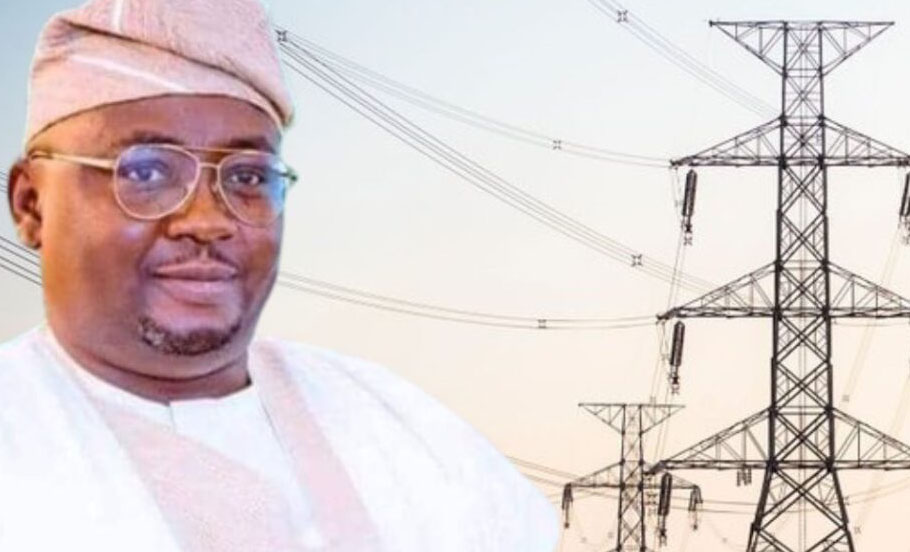Nigeria is currently in advanced talks with the Export-Import Bank of China for a $2 billion loan to fund the construction of a new “super grid” designed to tackle the country’s persistent power shortages.
According to a Bloomberg report, the Minister of Power, Adebayo Adelabu, disclosed the plan during the Nigerian Economic Summit held in Abuja on Monday, October 6. He explained that the new transmission project forms a central part of the government’s efforts to decentralize power generation and improve electricity supply reliability across industrial and commercial hubs.
Adelabu said the proposed super grid will connect Nigeria’s eastern and western regions, linking areas with high concentrations of industrial users that had previously disconnected from the national grid due to its frequent failures.
“It’s part of plans to decentralise power generation in Nigeria and get the heavy commercial users that left the power grid because of its unreliability to return,” Adelabu stated.
He added that the Federal Executive Council (FEC) has already approved the project’s financing framework, paving the way for negotiations with China’s Exim Bank to proceed.
The minister noted that the new grid is expected to significantly improve transmission efficiency, reduce power losses, and strengthen electricity delivery to manufacturing and industrial zones. Nigeria’s national grid has suffered repeated collapses over the years, often caused by low generation capacity, poor maintenance, and transmission bottlenecks, leaving businesses and households across the country in prolonged darkness.
Adelabu also highlighted the financial improvements in the electricity sector following the recent tariff reforms, which increased rates for urban consumers. According to him, the adjustment led to a 70% rise in industry revenues in 2024, with projections showing a further 41% increase this year to ₦2.4 trillion ($1.6 billion).
He emphasized that the government’s long-term strategy is to build a reliable, decentralized power infrastructure that can sustain economic growth and restore confidence among industrial power users.
![]()






























































